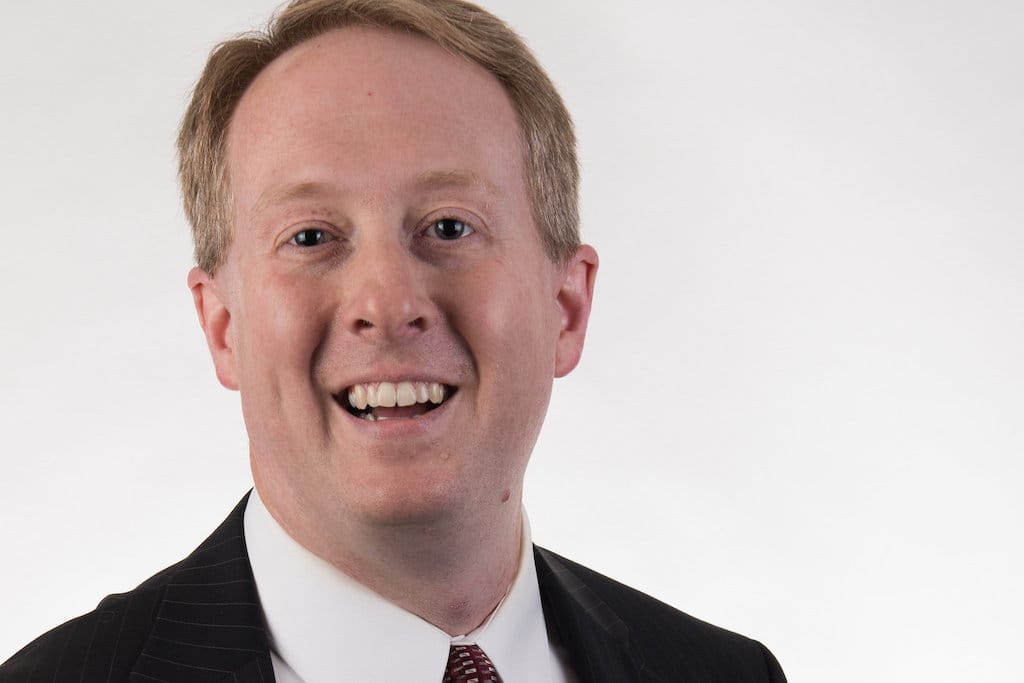Johnny Kampis: FCC Push To Eliminate Data Caps Could Increase Broadband Rates For Many Users
Usage based billing ensures that those who use the most data pay the most money.

The Federal Communications Commission, under the behest of Chair Jessica Rosenworcel, may now go after the practice of usage-based billing, a common method by which internet-service providers charge consumers different rates based on how much data they use.
A push by the FCC to eliminate the practice could result in price increases for many broadband users.
Rosenworcel announced a proposal in June to investigate how internet data caps affect consumers, especially the impacts on those with disabilities and lower incomes. Many broadband providers offer tiered pricing based on data usage, limiting how much a customer can use before paying more for their service or facing slowdown in their speeds.
“Internet access is no longer nice-to-have, but need-to-have for everyone, everywhere. As we emerge from the pandemic, there are many lessons to learn about what worked and what didn’t work, especially around what it takes to keep us all connected,” Rosenworcel said. “When we need access to the internet, we aren’t thinking about how much data it takes to complete a task, we just know it needs to get done. It’s time the FCC take a fresh look at how data caps impact consumers and competition.”
But usage-based billing ensures that those who use the most data pay the most money, helping keep costs lower for those who use less data. It is a common practice across many industries. For example, if you operate a business, your accountant would bill you for more hours to do your taxes than you neighbor who only files personal taxes. If you travel farther across the city in an Uber, you’d pay a higher rate than another customer traveling a few blocks. And – since Democrats wants to regulate the internet as a utility – if you use more kilowatts of electricity in your home than your neighbor, you get a higher power bill.
As James Erwin of Digital Liberty notes, it’s this latter point where the proposition by the FCC really falls apart.
“If one accepts the premise that high-speed broadband is now a necessity, not a luxury, and uses that as justification for outlawing usage-based billing, why shouldn’t the same logic apply to electricity? It has been government policy for close to a century that universal electricity is imperative for access to modern life. Despite this, electric utilities still put meters on our houses and measure our usage to charge us.”
Case for Consumers points out that pricing is one of the most critical decisions by a business and can determine its success or failure.
“This is why letting the market, as opposed to government, set prices is an enormous advantage to consumers, as prices for goods and services necessarily reflect the actual costs incurred and most often land at a point of equilibrium reflecting actual market value at the time and place delivered,” the organization posted on a blog. “This allows businesses to efficiently and economically produce goods and services, as well as improve those goods and services, in order to make a profit while preventing consumers from overpaying their hard-earned money.”
Most internet providers offer tiered plans, which allow light users to pay a much lower rate for a limited amount of data and heavy users to pay a higher rate for unlimited data. An effort by a Democrat-led FCC to eliminate this structure, capping the rate, would likely lead to light users (who often have lower incomes) having to pay more for their internet.
As Case for Consumers notes: “If the government dictated the price of a fill-up (regardless of tank size), then gas stations would set the price high enough to ensure they did not lose money on larger vehicles, meaning the driver of a Geo Metro would pay the same at the pump as the owner of a Chevy Suburban, an absolutely outlandish notion.”
A large reason why the United States enjoyed robust broadband infrastructure during the early days of the COVID-19 pandemic was the ability of internet providers to use the revenue from such tiered pricing systems to continue to reinvest and maintain their systems. Efforts by the FCC to force providers to charge a lower-than-market price would put such long-term stability at risk.
Johnny Kampis is director of telecom policy for the Taxpayers Protection Alliance. This piece is exclusive to Broadband Breakfast.
Broadband Breakfast accepts commentary from informed observers of the broadband scene. Please send pieces to commentary@breakfast.media. The views expressed in Expert Opinion pieces do not necessarily reflect the views of Broadband Breakfast and Breakfast Media LLC.










